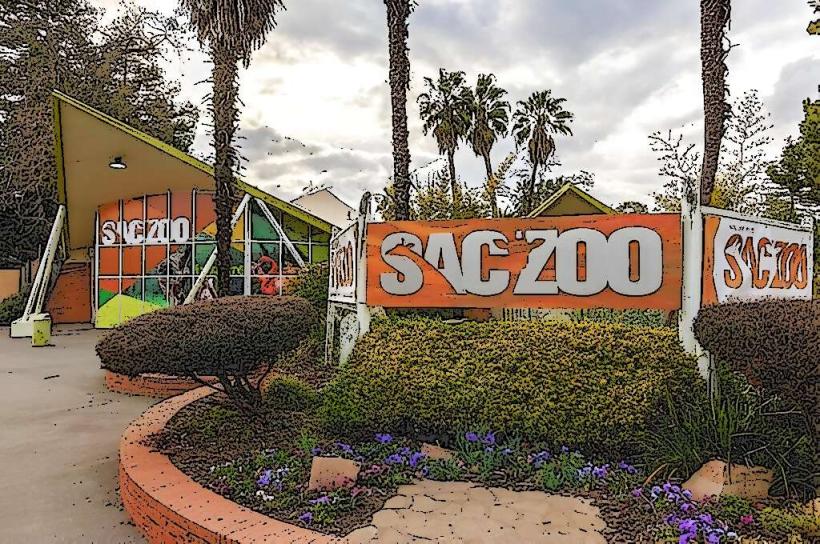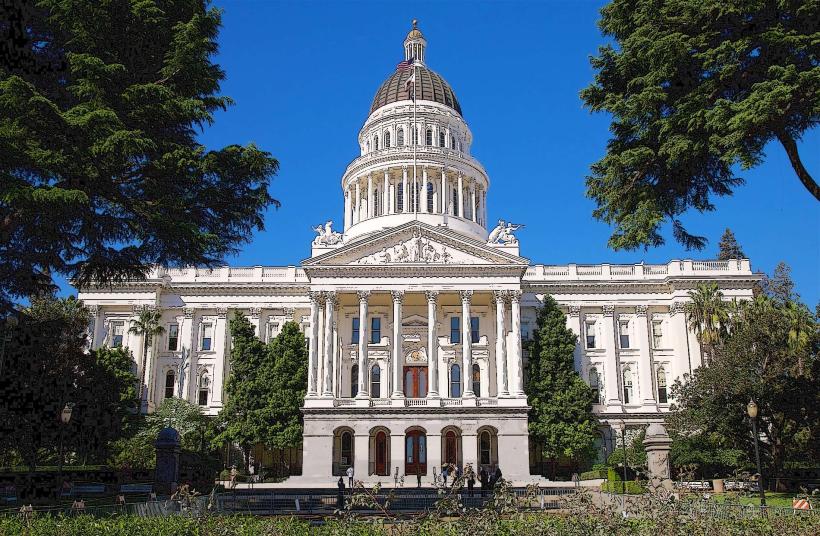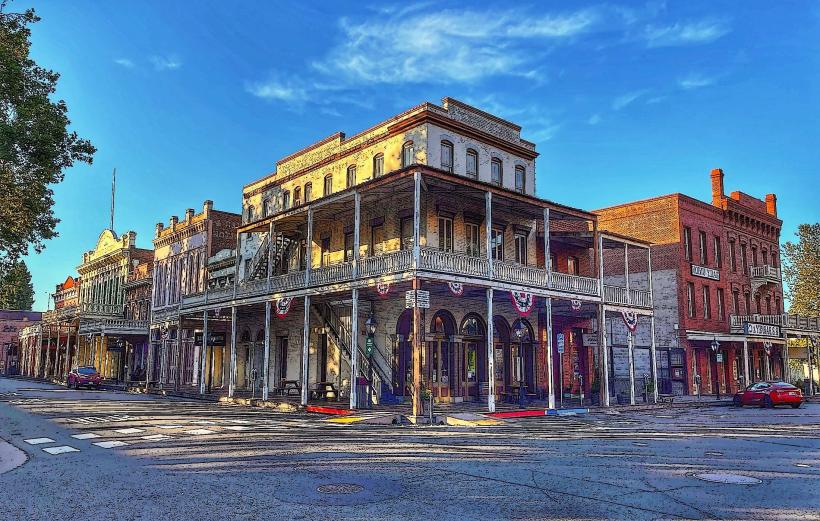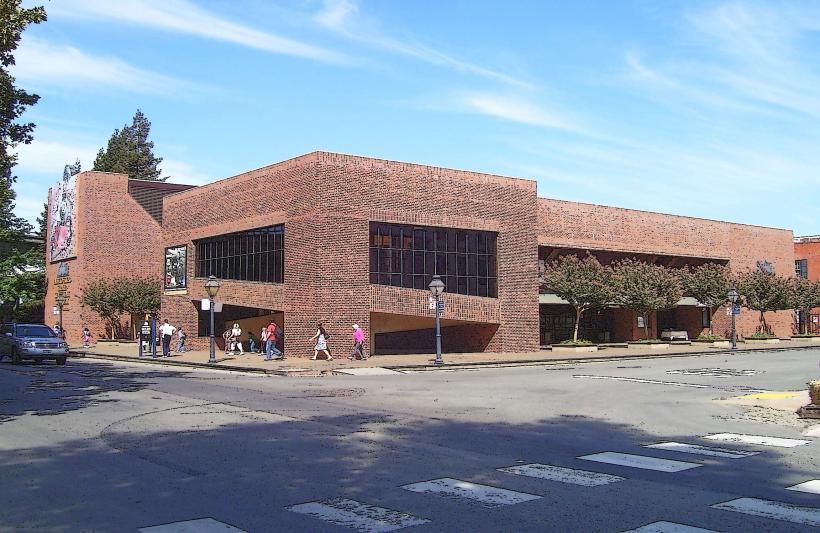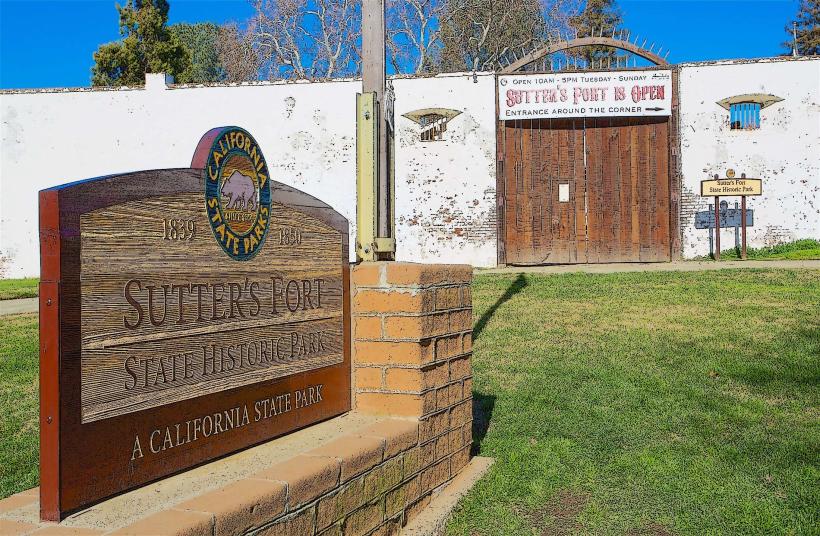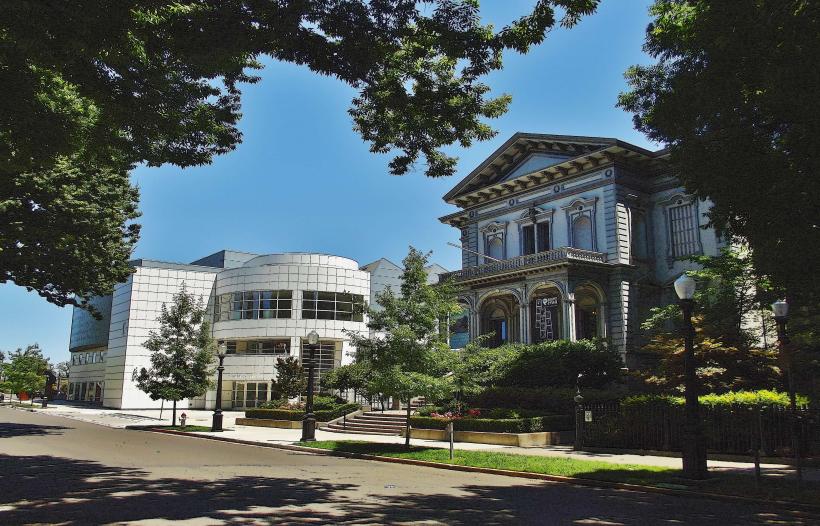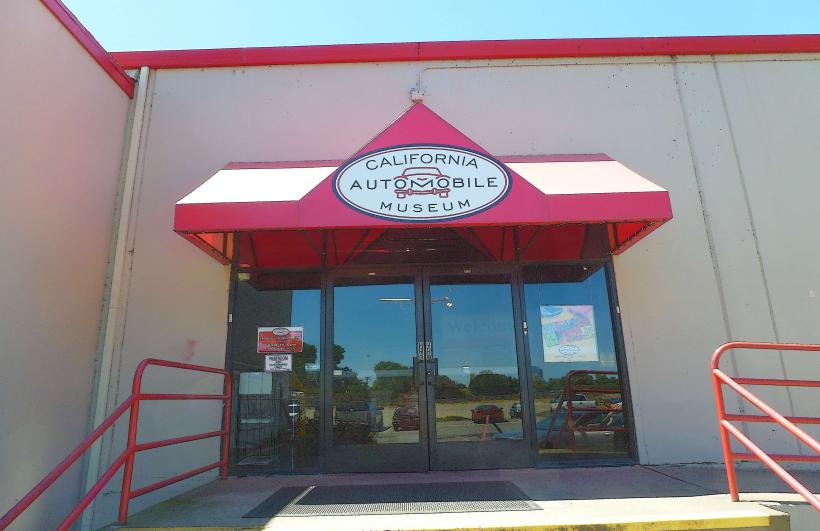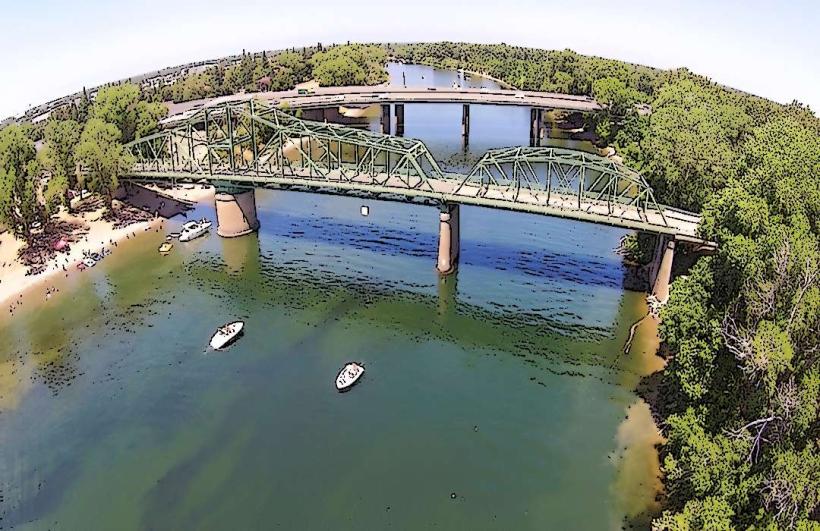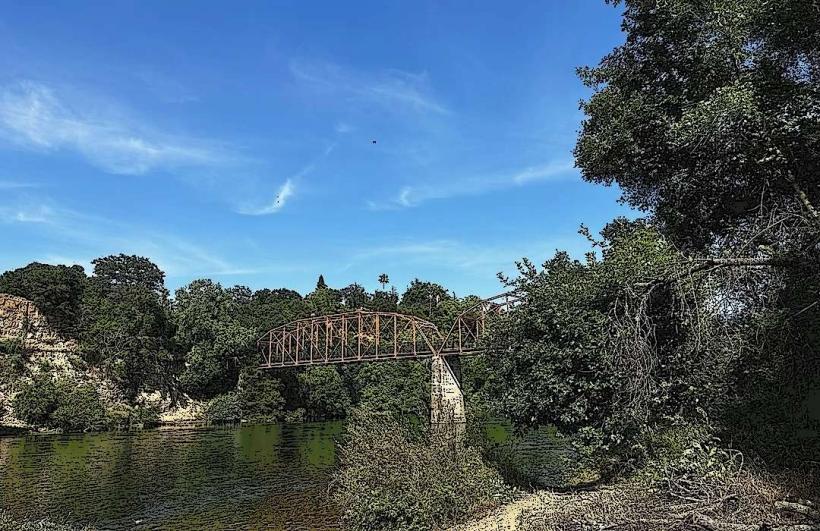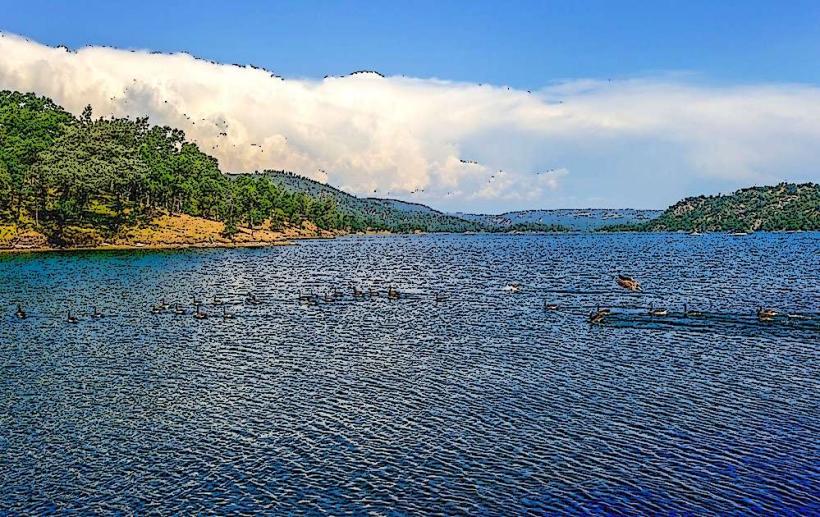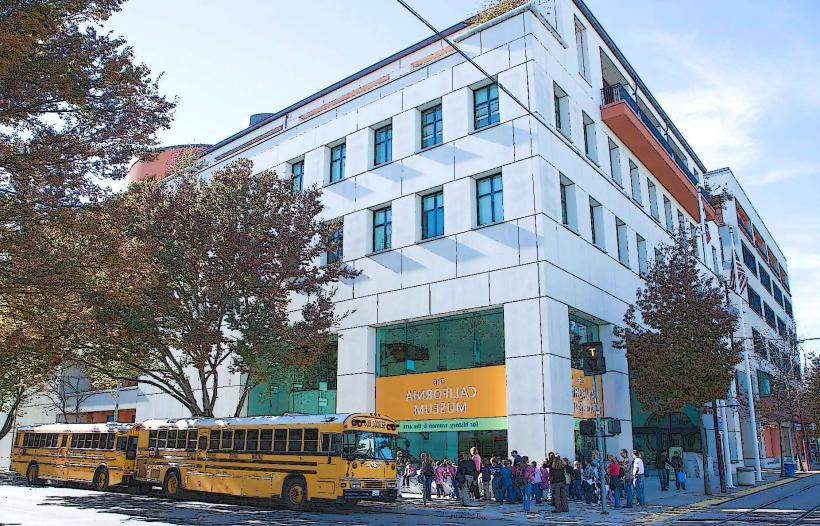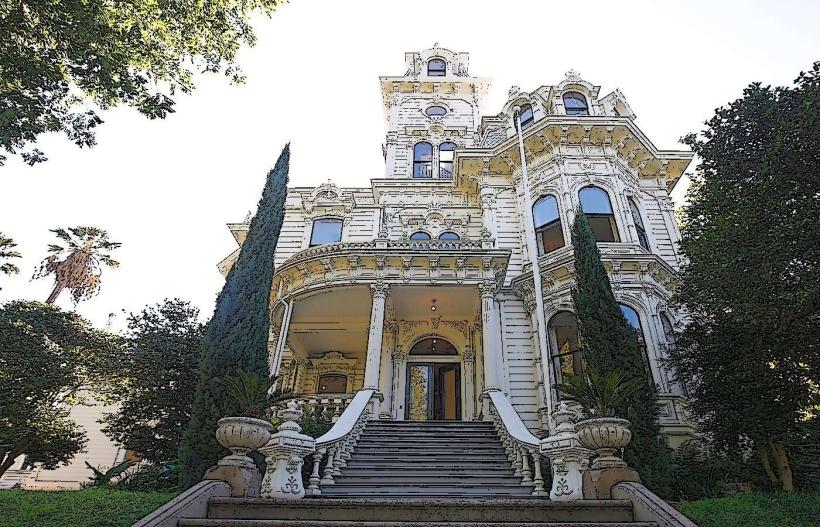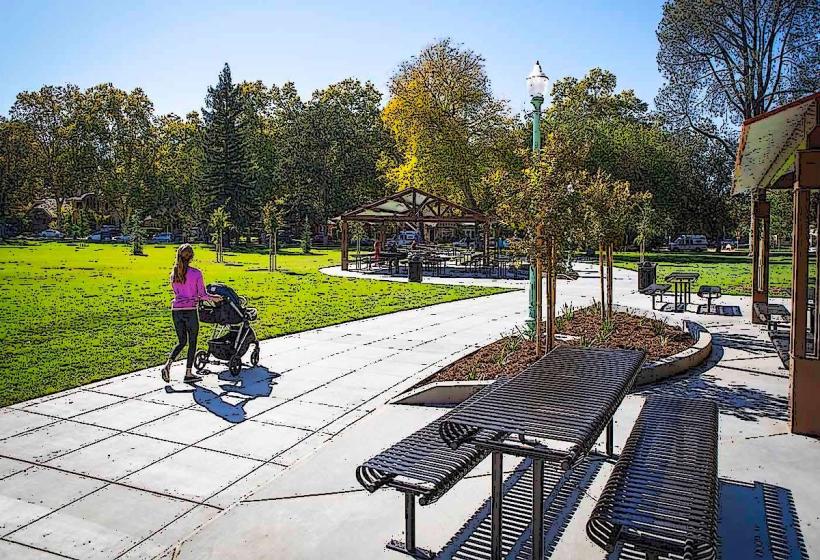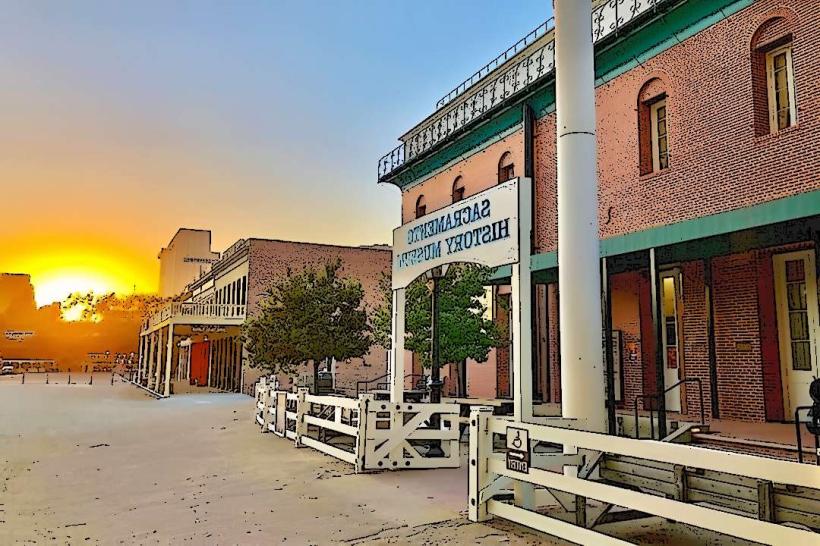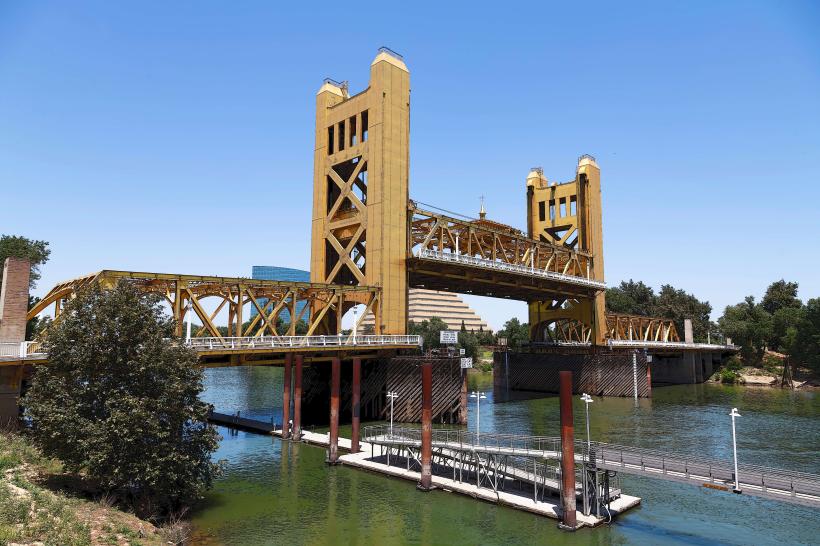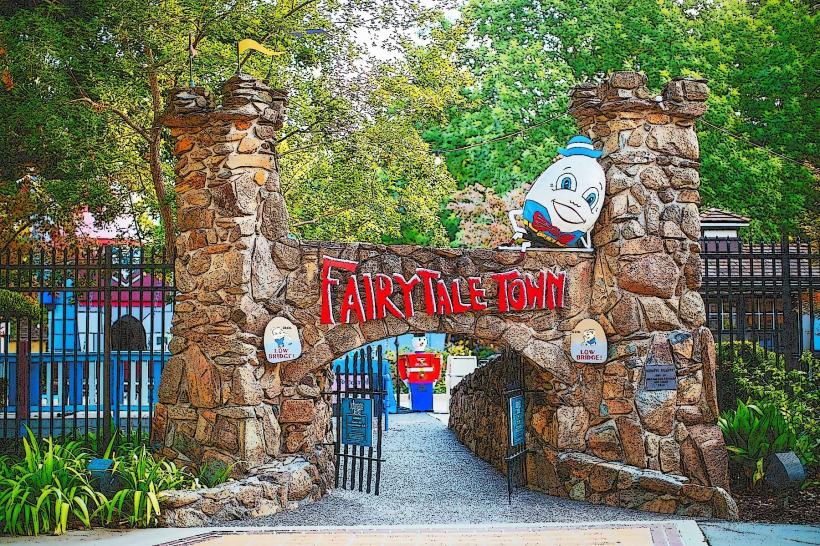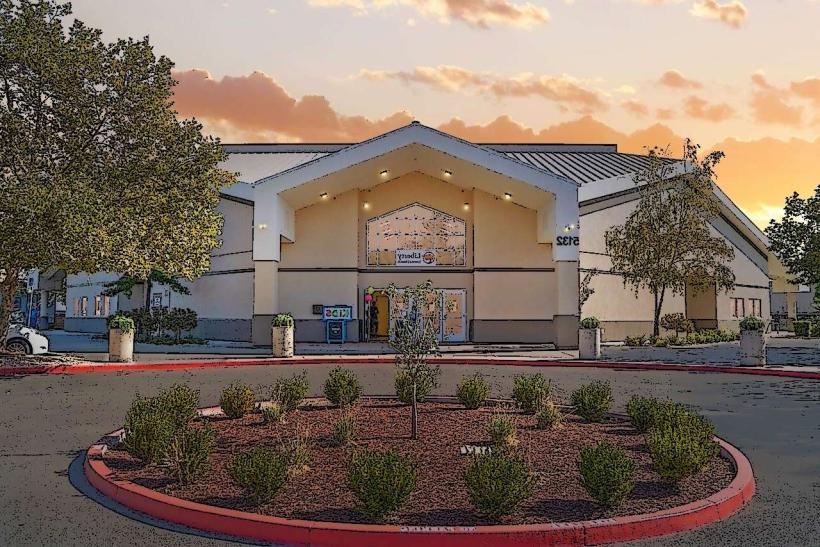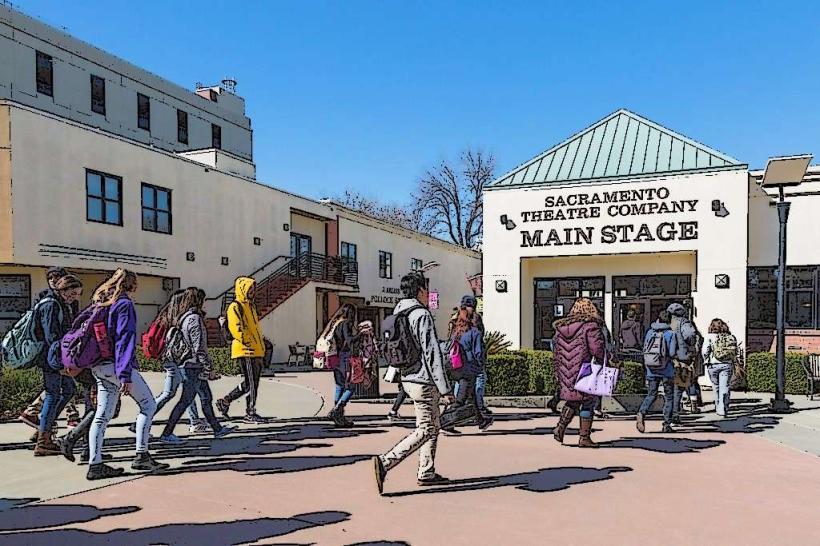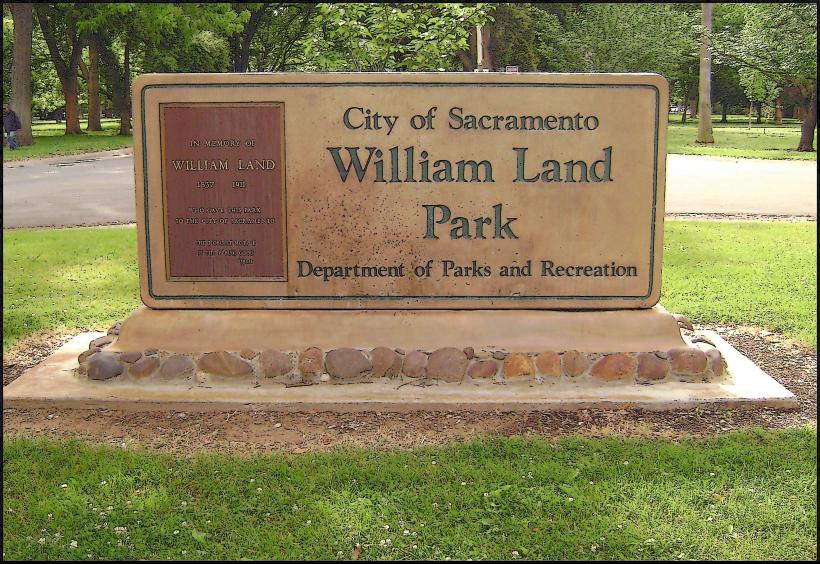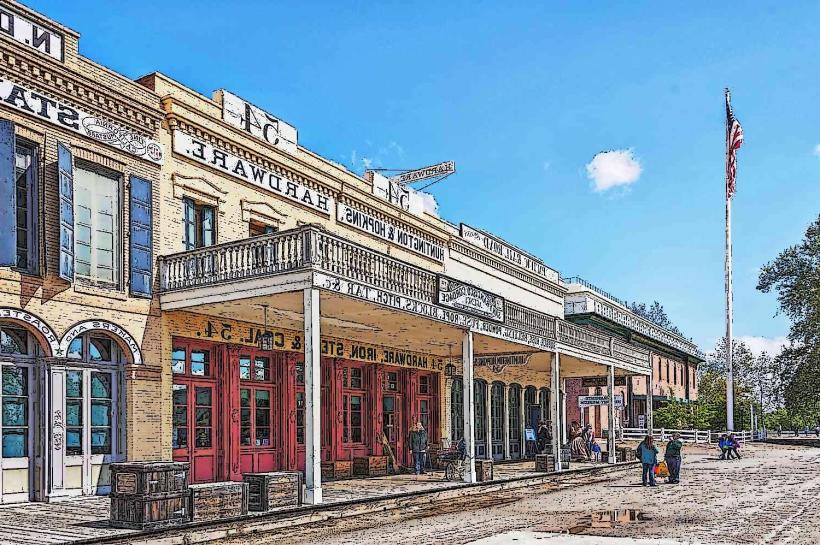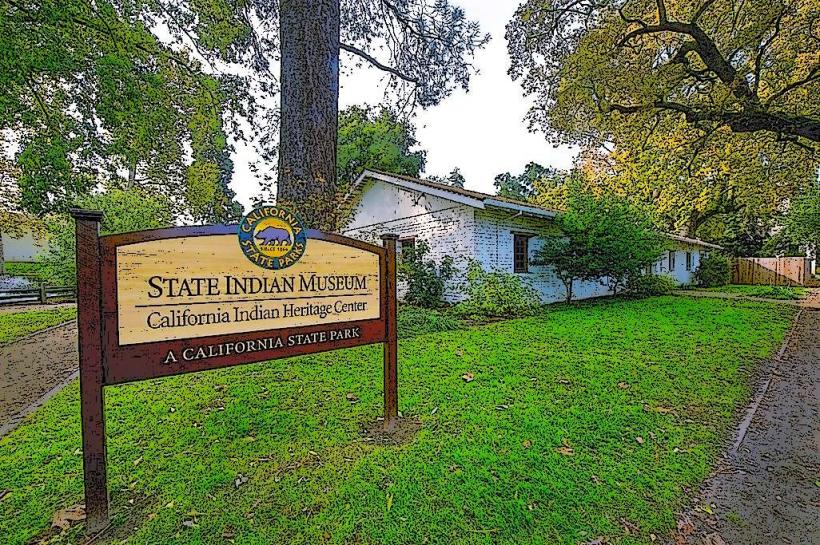Information
Landmark: Capitol ParkCity: Sacramento
Country: USA California
Continent: North America
Capitol Park, Sacramento, USA California, North America
Capitol Park in Sacramento, California, is a historic and expansive landscaped park that surrounds the California State Capitol building. Covering approximately 40 acres, the park stretches over twelve city blocks, making it not only the political heart of California but also a significant cultural and horticultural landmark. Its development began in the 1860s and reflects over 150 years of layered history, civic symbolism, and botanical experimentation.
Historical Development
Origins (1860s–1880s): The park’s design began shortly after the construction of the California State Capitol. Early landscaping efforts were guided by the formal aesthetics of European gardens. The first planting included symmetrical walkways, exotic plant specimens, and trees from across the globe. Students from schools across California even sent seeds and young plants, creating a living mosaic of the state’s regions.
Evolution Over Time: As decades passed, the park evolved from strict formality to a more naturalistic landscape. Paths were curved, planting beds diversified, and monuments introduced. The park became both a commemorative space and a horticultural laboratory. Several memorial trees were planted, including some from Civil War battlefields.
Botanical Highlights
Capitol Park is one of the most botanically diverse city parks in the United States. It contains:
More than 1,100 trees representing over 200 species from around the world.
Rare and exotic trees such as:
Deodar Cedar (native to the Himalayas)
Cork Oak (from the Mediterranean)
Monkey Puzzle Tree (native to Chile)
Australian Flame Tree
Native Californian trees including:
Coast Redwoods
Valley Oaks
Giant Sequoias
California Bay Laurel
Each tree is labeled with botanical and common names, and some are over 100 years old. The park functions as an arboretum and is used by horticulturists, botanists, and educators.
Memorials and Monuments
Capitol Park serves as a commemorative ground for the state’s diverse history. Among the most important:
Civil War Memorial Grove (1897)
Contains trees transplanted from 40 different Civil War battlefields. It was meant as a living memorial to Union veterans and represents one of the oldest areas of the park.
California Vietnam Veterans Memorial (1988)
A dramatic, life-sized bronze sculpture surrounded by granite panels inscribed with the names of over 5,800 Californians who died in the Vietnam War. Sculptor: Tom Johnson.
California Firefighters Memorial (2002)
A striking bronze sculpture honors fallen firefighters. The names are etched on limestone walls, updated annually.
World Peace Rose Garden (2003)
Featuring over 650 rose bushes in various colors and varieties, this area is dedicated to promoting peace through inspirational messages engraved throughout the garden. It’s a favorite for weddings and photographs.
Native American Monument (2023)
Honors the contributions and legacy of California’s Native American communities, particularly the Miwok and other tribes local to the Sacramento area. The statue depicts William J. Franklin Sr., a Miwok elder and tribal leader.
Additional Features
Pathways and Walkways: The park features numerous meandering paths that provide walking routes under canopies of mature trees. Benches and shaded areas offer spaces for quiet reflection or rest.
Statues and Public Art: Numerous smaller sculptures commemorate historical figures, governors, pioneers, and activists.
Pollinator Garden: A newer addition, promoting habitat for bees and butterflies using native California flowering plants.
Gazebos and Fountains: There are a few small structures throughout the park used for concerts, speeches, and resting areas.
Capitol Mall View: The west end of the park opens to the Capitol Mall, offering a direct and formal view of the Capitol dome, framed by trees.
Public Use and Accessibility
Open Year-Round: Capitol Park is open to the public every day, free of charge.
Walking Tours: Guided tours are available (especially on Sundays and Wednesdays), run by knowledgeable docents from the Capitol Museum and the State Park system.
Educational Value: School groups, university students, and tour groups often visit for educational purposes, particularly in botany, history, and civics.
In Summary, Capitol Park is much more than a backdrop to the State Capitol-it is a living museum of California’s history, diversity, and natural heritage. Its trees, flowers, and monuments tell the story of California’s cultural identity while offering a peaceful escape in the heart of Sacramento.

